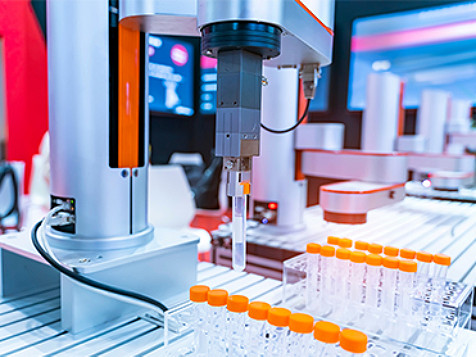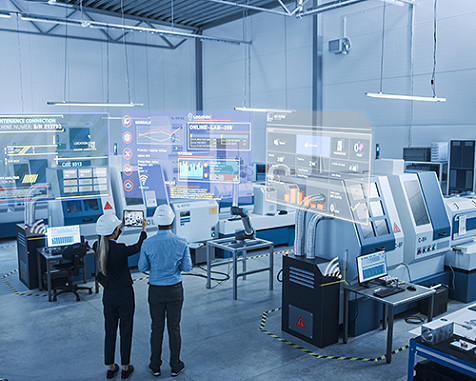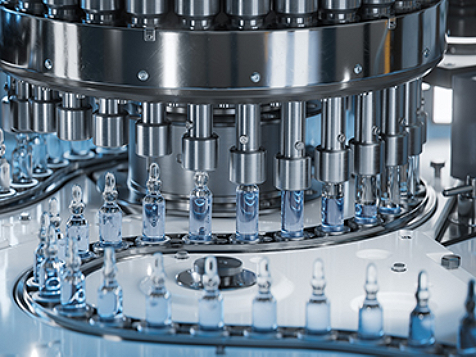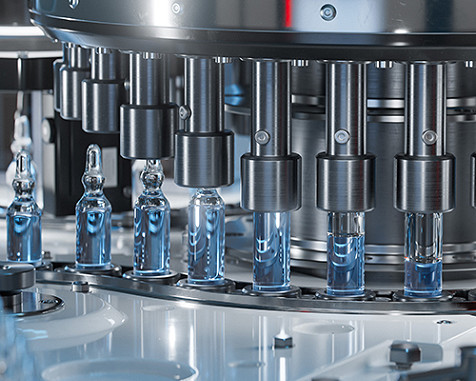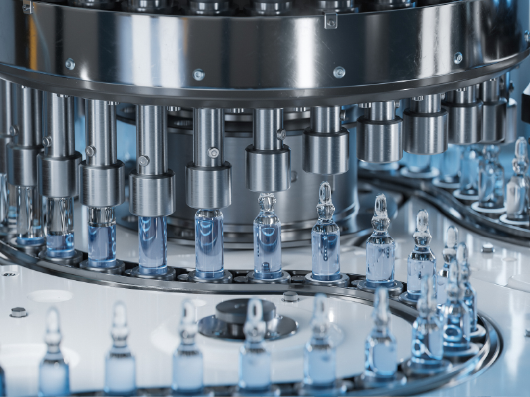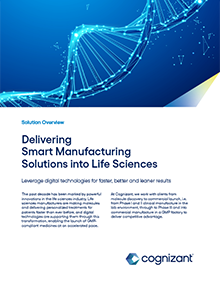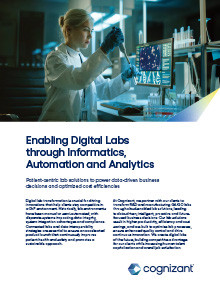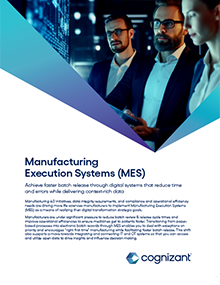One trusted partner for digital transformation across life sciences manufacturing and labs.
Cognizant empowers life sciences manufacturing with cutting-edge digital transformation solutions. Our expertise enhances system performance, streamlines supply chains and bolsters Manufacturing 4.0 and Lab 4.0 initiatives to ensure seamless operations and GMP compliance.
Our IT-OT consultancy, system integration and site services excel in batch automation, data infrastructure and intelligence, manufacturing execution systems (MES), labs and digital technologies. By prioritizing speed to value, sustainable innovation and data-driven strategies, we deliver real-time insights for business transformation.
We provide a comprehensive portfolio of solutions for our life sciences manufacturing clients and work with them toward a shared vision of advancing science and expediting life-changing therapies to ultimately improve patient outcomes.
Cognizant life sciences manufacturing services
Thought leadership
Resources
Whitepapers
LIFE SCIENCES MANAGEMENT
Leadership
Take the first step
Serving customers by looking forward as well as back is a big promise, but the power of today’s new digital capabilities is vast and growing.
Let’s talk about how digital can work for your business.








